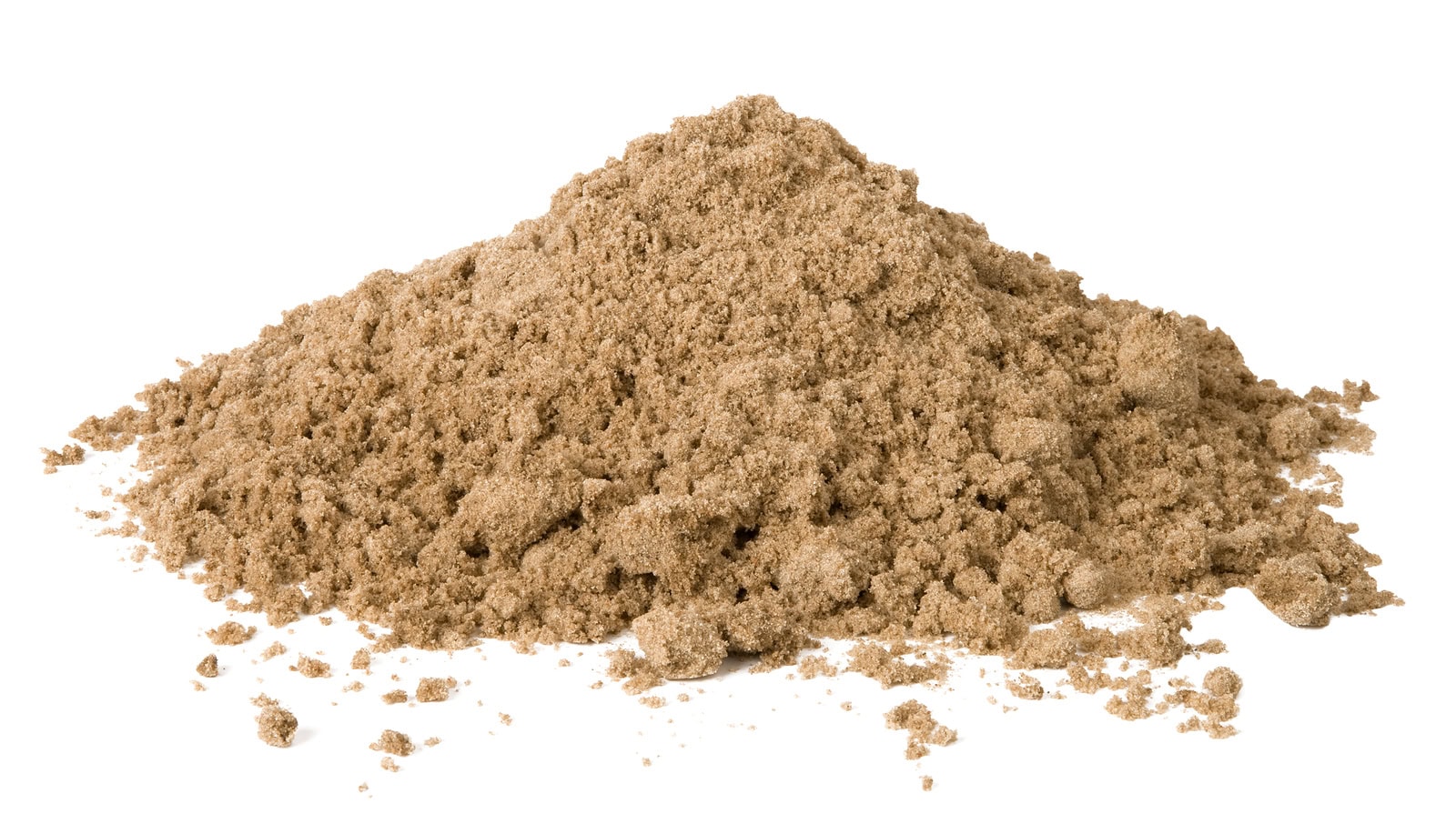Different Types of Soil in California
California is a wonderfully vast land filled with many places to plant your crops
The type of plant you want to use depends on the kind of soil you currently have, or you could directly order soil from the market but all in all, it heavily relies on what type of land you now have.
Just like the other states and nations, they have their state soils. A state soil is a soil that is abundant, unique or important to the region. Every state in the United States has their state soils. In the case of the state of California, the “San Joaquin” soil is the designated state soil in which the Great Central Valley has 500,000 acres of this specific type of soil! It could be used for crops such as rice, oranges, grapes, wheat, and many more irrigated crops.
Without further ado, let us enumerate the types of soil found in California that can be used or seen in your farm.
Clay Soils
As the name suggests, the clay soil is sticky even when it’s not wet. The composed nature of clay soil does not allow the water to flow through. It’s dusty and has a hard texture compared to others so if you have this type of land, there’s a need for you to use a tractor to utilize this kind of soil properly. The positive attribute that this kind of soil has is that it is rich in nutrients even if it’s hard and dense.
(For more information about tractors and how to purchase the equipment, proceed here.)
Sandy Soil

Sandy soil is not recommended for farming because it has little-to-nothing nutrient and breaks apart relatively easy when exposed to moisture. Except for the ground to break apart easily the moment the land is exposed to water and topple down the crop you’re planting. However, sandy soil is not all adverse since you can still use this by mixing the substance with other organic material for it to have nutrients and moisture absorption.
Loam Soils
The loam soil is unique due to its nature. The ground is a combination of sand, clay and silt soil that is famed for its fertility. The nature of clay which is rich in nutrients, silt that absorbs moisture slowly, and the sandy soil which does not retain moisture makes it a perfect blend that would be ideal for farming in excessive amounts. It does not cause any problem for any tractor also because it’s smooth, yet it also has the property of clay that works up your tractor to its full potential.
What are you waiting for, big-time farmer? Get a tractor rolling and start farming your way into success!
